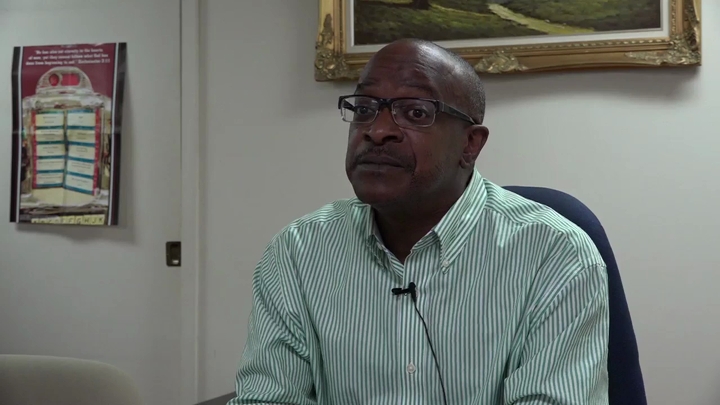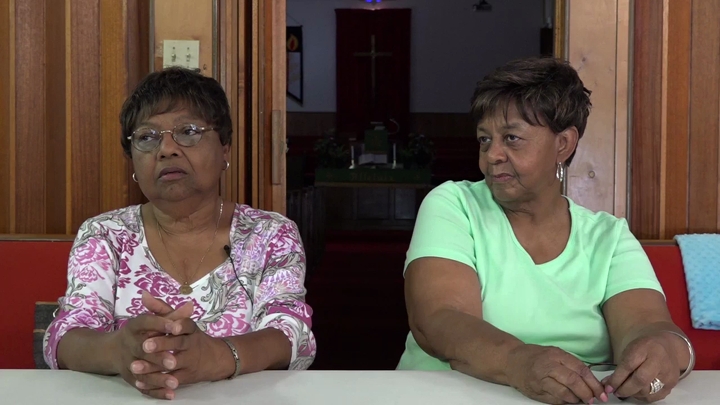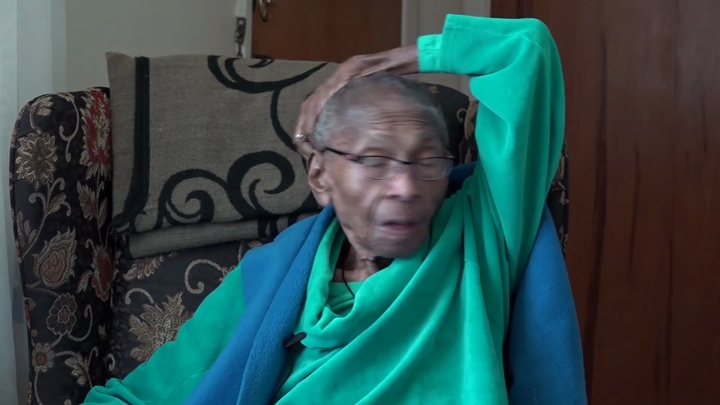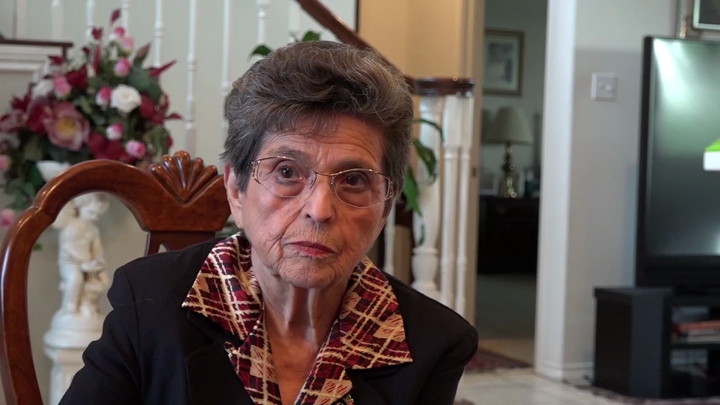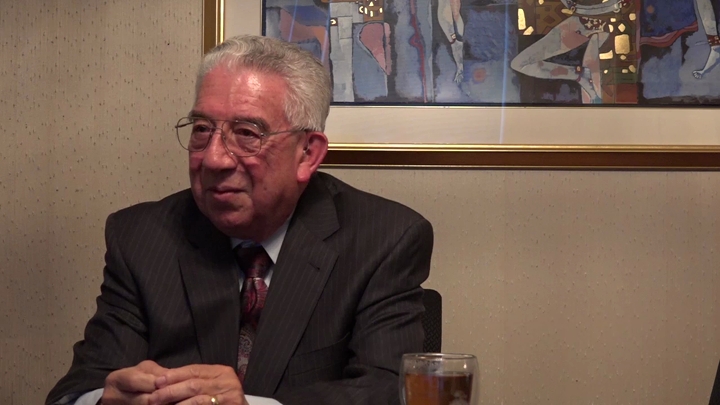Calyen / Church Involvement in Activism and Family
sign up or sign in to add/edit transcript
Interviewer: The pastors and preachers (inaudible) they seem as if the churches in New York were more activist oriented or more geared toward change or trying to promote change than the churches in Conroe? Calyen: Yeah, for a reason, I believe the churches in New York were, especially in Harlem and black neighborhoods where you had—in Harlem you got five hundred thousand black people living, it’s easier— Interviewer: Population and power. Calyen: Yeah. You got an easy crowd that you can speak to where a lot of people that going to look like you where in Conroe you’re going to have maybe two hundred people— Interviewer: You think the fear of economic and fiscal reprisals— Calyen: Yeah, fear of economic backlash or a pink slip the next day, so a lot of difference. Interviewer: So, you had a family in New York as well. So, when were your kids born? Calyen: Seventy-three and 1975. Interviewer: So, this is, during that time period, kids being born is after integration—school integration has really taken hold even though that was twenty years after Brown v. Board. What were your childrens’ experiences like in school in New York? Calyen: We lived in—at that time, we lived in Spanish Harlem so both kids went to a Catholic School, St. Anne’s. We lived in a development called Eleven Ninety-Nine Plaza. I thought it was a good school and a good life. Interviewer: In New York, did you see more interaction between black people and Mexican-American and Hispanic people in New York? You lived in Spanish Harlem, so— Calyen: Yeah, we lived in Spanish Harlem so there was a connection there, but you also found out that some of the other cultures there, they went their way and you went your way. Interviewer: In Conroe, growing up, was there any Mexican-Americans that you knew of in Conroe? Calyen: The only Mexican-Americans that I really knew was the guy that have the shoe shop on 105 and Sixth Street. He had a shoe shop right there on the corner. Interviewer: This was as you were a child and he was the only family? Calyen: That was the only family that we knew. Interviewer: Did he have children? Calyen: I don’t know. Interviewer: But if they did, they didn’t attend the black schools? Calyen: At that time, I don’t know where they went to school. I don’t know if they went to Conroe High or if they went somewhere else. I don’t know. Interviewer: So, when did you come back to Conroe? Calyen: In 1995.
| Interview | Interview with Henry Calyen |
| Subjects | Family |
| Family › Marriage | |
| Family › Children | |
| Religion › Churches | |
| Race Relations › Black-Brown Race Relations | |
| Education › Education and Integration | |
| Religion › Church Leadership | |
| Tags | sign up or sign in to add/edit tags |
| Interview date | 2016-07-06 |
| Interview source | CRBB Summer 2016 |
| Interviewees | Calyen, Henry |
| Locations | New York City, NY |
| Conroe, TX | |
| Harlem | |
| Duration | 00:03:18 |
| Citation | "Church Involvement in Activism and Family," from Henry Calyen oral history interview with , July 06, 2016, Conroe, TX, Civil Rights in Black and Brown Interview Database, https://crbb.tcu.edu/clips/3427/church-involvement-in-activism-and-family, accessed February 18, 2026 |


